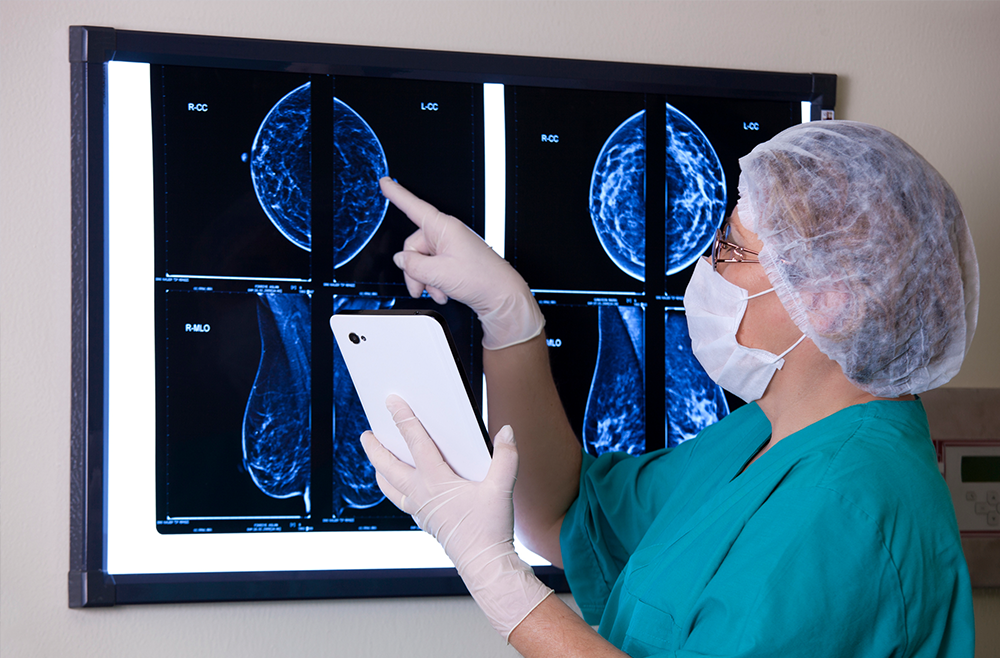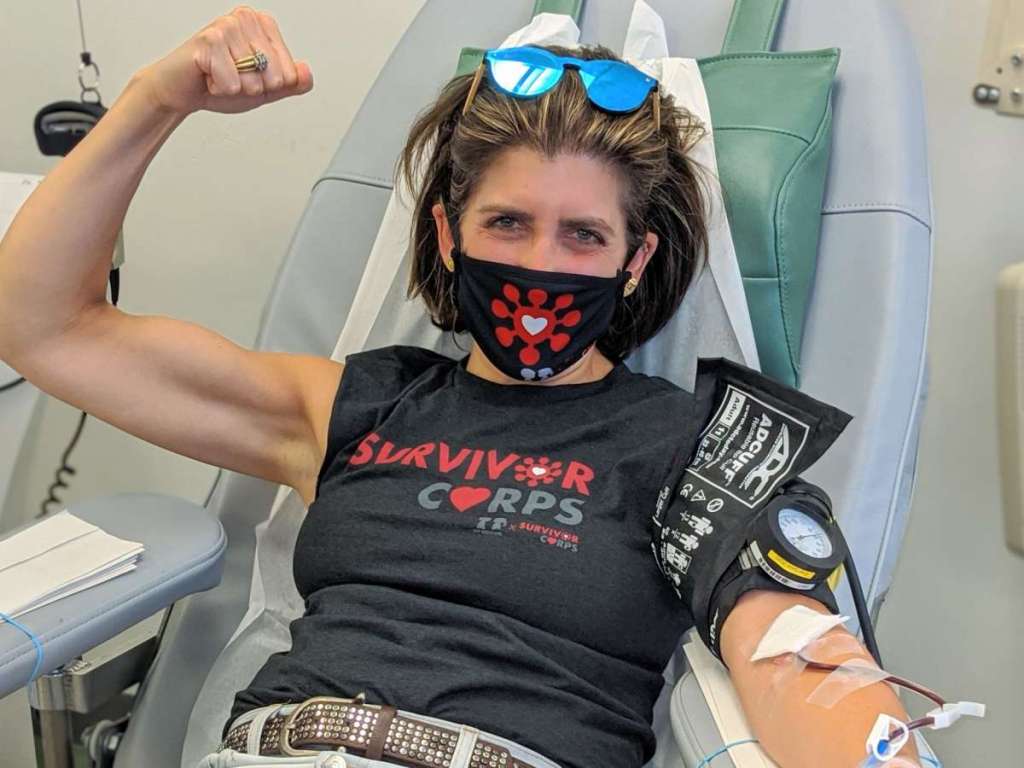
‘COVID-19 Recovery May Take Months’: Italian Survivors Experience Symptoms After Recovery.
We have plenty of data on COVID-19 cases and deaths by towns, cities, counties and states, but data on symptoms that persist after COVID recovery is lacking.
In an article by Angelo Carfi, MD, Roberto Bernabei, MD and Francesco Landi in the Jama Network a post-acute outpatient service was establishedon on April 21, 2020 at Fondazione Policlinico Universitario Agostino Gemelli IRCCS in Rome, Italy for individuals discharged from the hospital after recovering from COVID-19.

143 patients were included in a study. The mean age was 56.5 (SD, 14.6) years (range, 19-84 years), and 53 (37%) were women
Patients were asked to retrospectively recount the presence or absence of symptoms during the acute phase of COVID-19 and whether each symptom persisted at the time of their participation in the study. More than 1 symptom could be reported.
According to the study, “only 12.6% were completely free of any COVID-19–related symptom, while 32% had 1 or 2 symptoms and 55% had 3 or more. None of the patients had fever or any signs or symptoms of acute illness, but worsened quality of life was observed among 44.1% of patients. A high proportion of individuals still reported fatigue (53.1%), dyspnea (43.4%), joint pain, (27.3%) and chest pain (21.7%).”
Michigan Medicine experts who have been studying the downstream effects of critical illness for years, “There are many unknowns…Most studies look at patients up to a year after their illness. We haven’t had this around long enough to have those studies coming out.”
“We’ve come to realize that COVID-19 recovery doesn’t end as soon as someone is stable and leaves the hospital,” says Benjamin Abramoff, MD, MS. “A wide range of medical issues can persist and impair function and overall quality of life in these patients.”
Penn Medicine reported that from recorded experiences of coronavirus survivors in Italy and France, it is likely that the post-COVID experience will also include the return of such familiar symptoms as fever, fatigue and breathlessness, as well as more severe sequelae, including impairment of renal and cardiovascular function, ongoing hypercoagulability, myalgia, depression, and other persistent physical and psychological effects.
To address issues as they emerge, Penn Medicine created a Post-COVID Recovery Clinic to provide multidisciplinary assessment and resources for patients recovering from COVID-19.

Among the Center’s principal objectives for post-COVID patients re-entering the community is to ensure continuity of care, a known critical factor in the prevention of mortality and morbidity in long-term disease.
Their screening methods include:
- Medication reconciliation
- Rehabilitation Needs Screen: Bowel, bladder, pain, ADL/iADL performance, cognition, equipment needs, mobility, sleep, skin
- Pulmonary Functioning Screen
- Criteria established to automatically refer back to Pulmonary
- Montreal Cognitive Assessment (MoCA)
- Hospital Anxiety and Depression Scale (HADS)
- Impact of Event Scale-6 (IES-6)
- General Health Slider
- Will be logged in redcap to allow for future research efforts
In terms of long-term psychological effects of a COVID recovery, “We would say that perhaps between 30% and 50% of people with an infection that has clinical manifestations are going to have some form of mental health issues,” said Teodor Postolache, professor of psychiatry at the University of Maryland School of Medicine.
“That could be anxiety or depression but also nonspecific symptoms that include fatigue, sleep, and waking abnormalities, a general sense of not being at your best, not being fully recovered in terms of the abilities of performing academically, occupationally, potentially physically.”
And then there is the long-terms effect of stigma, discrimination against an identifiable group of people, a place, or a nation.

Groups who experience stigma from a COVID recovery may also experience discrimination. This discrimination can take the form of:
- Other people avoiding or rejecting them;
- Getting denied healthcare, education, housing, or employment;
- Verbal abuse; or
- Physical violence.
Stigma can negatively affect the emotional, mental, and physical health of stigmatized groups and the communities they live in. Stigmatized individuals may experience isolation, depression, anxiety, or public embarrassment.
So, while COVID tracking focuses on cases and deaths, a new wave of disturbing health effects from the long-effects after COVID recovery will have to be addressed. Data from services that address these effects are lacking and needs to be prioritized. We have not found any US governmental agency tasked with this responsibility..
Although we did find a private Facebook group, Covid-19 Survivors Corps, with 1.6K members,”to help people who had Covid19, some of them have recovered from the viruses. Don’t miss the chance that in front of you. Sharing your experience, strength, and hope is a great benefit to the community.”

Again, as Benjamin Abramoff, MD, MS wrote, “We’ve come to realize that COVID-19 recovery doesn’t end as soon as someone is stable and leaves the hospital,” says Benjamin Abramoff, MD, MS., Assistant Professor of Clinical Physical Medicine and Rehabilitation at Penn Medicine.
Sources:
STAT: a media company focused on finding and telling compelling stories about health, medicine, and scientific discovery.
Centers for Disease Control and Prevention
Penn Medical Physician Log
M (Michigan) Health Lab
Both my grandson and his fiancee contracted the virus and were quite I’ll. They have recovered save diminishing fatigue. However, she has not regained her sense of smell. The data will not be fully tabulated for some time, especially for lesser symptoms like hers.
LikeLike